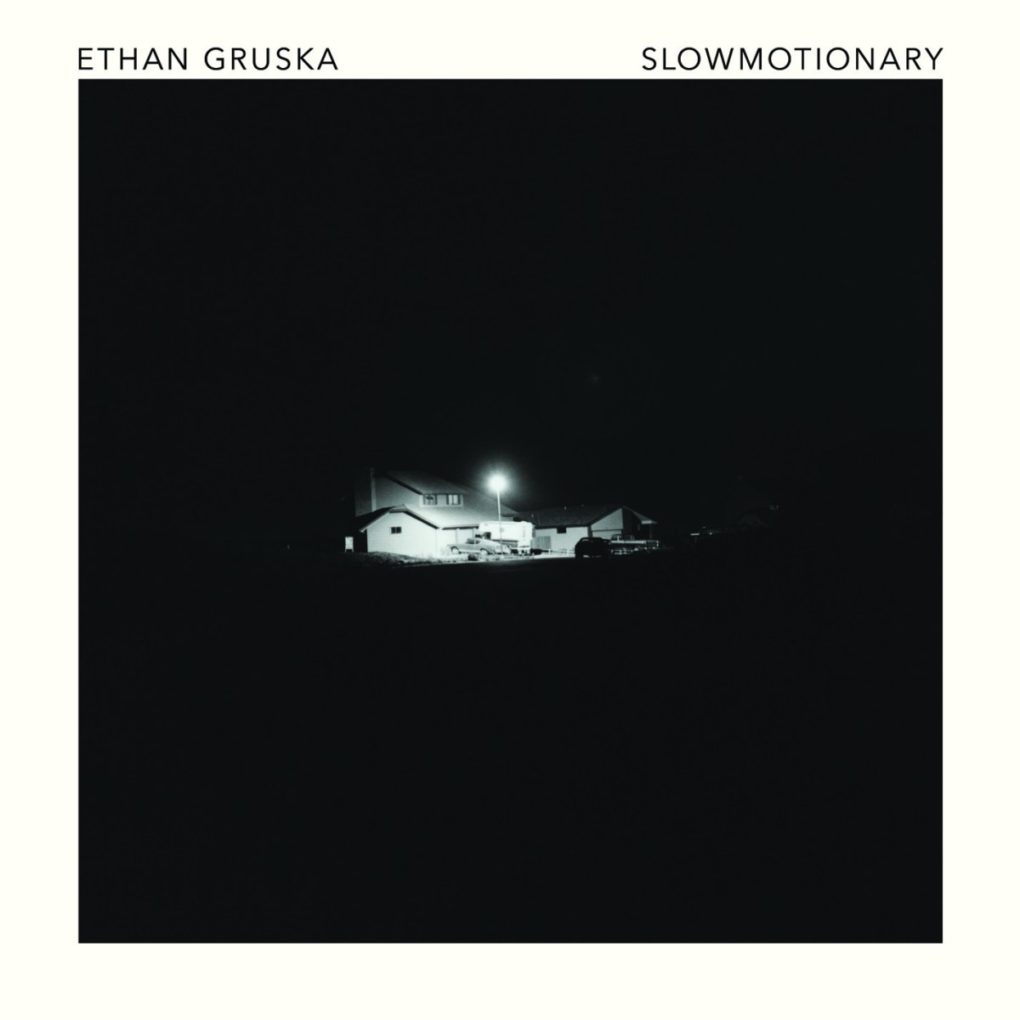On a Saturday morning in the 90s, while most other pre-teens were playing sports or talking about girls, I was sitting in a classroom nervously waiting for my first Magic class to begin.
The classes were held in a local high school, so I and my fellow classmates (all of us young and slight and nerdy) must have looked comically small sitting at the desks built for people on the verge of adulthood.
My glasses were too big for my face, my legs were too short for the chair, and my introversion was too pronounced to engage others in conversation, so I sat there wondering why I was doing this.
Looking to my right, I made accidental eye contact with an equally gangly, bespectacled youth. I figured I should say hello, but couldn’t decide whether to go with “hiya” or “how are you.” As the connection between brain and mouth glitched, I think I said something like, “howa” – a bizarre combination of my two primary options – but before my neighbour could ask what the hell I’d just said, the teacher walked in and our attention shifted to the front.
The teacher-magician took his place at the front of the class. The room must have been a science lab, because he stood right next to a sink, and made a big show of washing his hands before beginning his lesson/performance.
He looked at us with a sly grin that can only be pulled off by someone who knows he’s about to be a hero to a room full of ten-year-olds.
“I’ll open with this one,” he announced, holding up a large golden coin. We shifted in our seats, wondering what incredible illusion he was about to wow us with. “I always use this as my opener. Do you know why?” I didn’t know what a rhetorical question was, and I was moments away from saying “howa” when he answered his own query: “I use this as my opener because…” he rotated the coin in his hand, revealing the part of it that had been obscured by his fingers, “…because it is an opener.” It was not a coin, but a bottle opener.
I was hooked.
By the end of the class, I had learned one or two sleight of hand moves, and added my name to the list of students who wanted to purchase their very own coin/bottle opener. All of his comedic and magical props were for sale, of course, and I was ready to buy them all.
For years after that class, I carried around a photo I bought from him of two cleaning products: a bottle of Joy detergent and a can of Pride furniture wax. The gag was that when someone showed you a photo of their baby cousin or something, you’d reach into your wallet and say, “d’you want to see a photo of my pride and joy?” Then you’d pull out the photo and bask in your own cleverness.
In case you’re wondering what this has to do with anything at all, here comes the point: Ethan Gruska is not only a talented composer, singer-songwriter and producer, but also a magic enthusiast.
In an interview earlier this year, he described the overlap he sees between magic and composing, saying that a composer will often lead the listener in one direction, misleading them in order to reveal something different. He describes the tension and release of a magic act as echoing the arc of a piece of music.
I will be listening to plenty of Gruska’s music over the next few weeks. And if he ever plays in my city and needs a good opener, I’ve got just the thing.
What makes this a beautiful song:
1. The feathery sound of the piano, a muted instrument with all the softness of a magician’s silk handkerchief.
2. The way the piano and the voice follow each other rhythmically in the verse makes it sound almost like the piano is an effect triggered by the voice; almost like the layered voice effect that James Blake likes using so much.
3. The lyrics get the listener thinking about the memories and baggage they’ve been holding on to their whole lives: “If childhood defines you / Can it ever be behind you?” But the lyrics become even more poignant when you consider Gruska’s family. His older sister is a musician; his father an Emmy-nominated composer; his uncle once the lead singer of Toto; his grandfather one of the 20th Century’s most important composers. The song ends with a line that will tug at anyone who has struggled with the long shadow cast by their family, or the feeling of being an impostor: “It’s family that defines me / I can’t help if they remind me / Of the fear that can be blinding.”
It’s the ultimate lyrical misdirection. You thought he was trying to connect to your childhood, when in reality he was pulling you into his own.
Recommended listening activity:
Using a motion-sensor faucet but secretly pretending to turn it on by magic.
